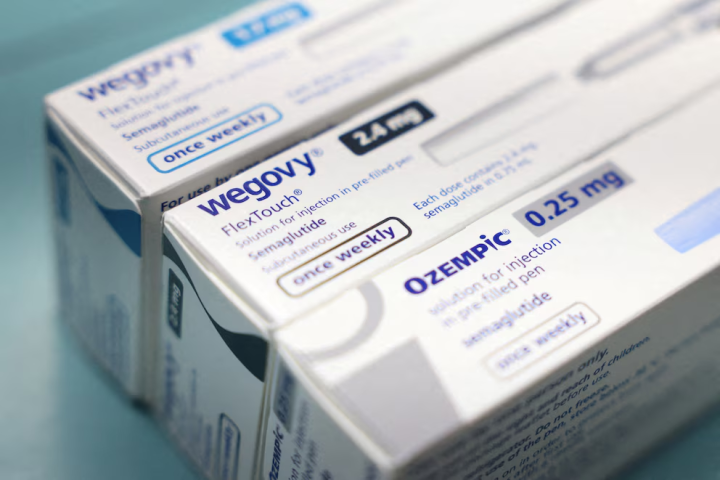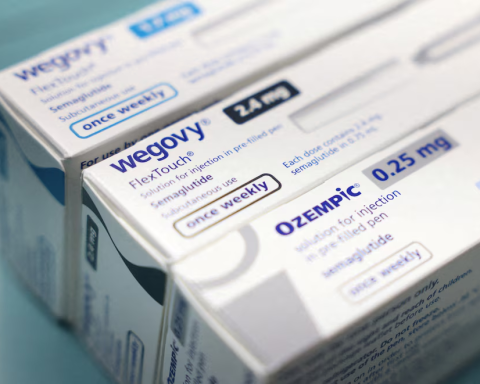MADRID, 18 (EUROPA PRESS)
A study by the Cajal Neuroscience Center (CNC) of the Spanish National Research Council (CSIC) shows that the microbiota is capable of modulating the positive impact that moderate physical exercise has on memory.
First, the researchers observed in animal models that physical activity, lasting approximately 40 minutes at medium speed, improves the diversity of bacteria in the gut. They also found that these changes in the gut microbiota greatly modulate the effects of physical exercise on the brain, such as improved memory and neurogenesis.
The results, published in eBioMedicine, a journal part of The Lancet group, open a new avenue for developing future microbiota-based therapies to combat neurodegenerative diseases and cognitive disorders.
Researchers point out that the effects of sports on the brain have long been known, such as its ability to cope with aging or improve the progression of diseases like Alzheimer's.
However, they warn that achieving these positive effects depends on hormesis, the curve that determines its evolution until reaching a threshold, known as the inflection point. Beyond this, increasing the intensity or duration of exercise not only causes its effects to disappear, but also becomes counterproductive. The hormetic curve varies from individual to individual, so the specific intensity that determines the inflection point is still being studied.
Now, work coordinated by José Luis Trejo, a researcher at the Cajal Neuroscience Center (CNC-CSIC), has demonstrated in an animal model that moderate exercise, lasting about 40 minutes at an average speed, improves cognitive performance, spatial discrimination, and the development of new neurons in the hippocampus, a key region for memory and learning.
Therefore, all these cognitive benefits depend on physical exercise, but above all, on its moderate practice, since excessive increases in intensity or duration cause it to lose its effectiveness, as shown by the neutral results observed in mice. "There is an optimal level of exercise from which benefits are achieved, and exceeding that dose may not only not help, but actually prevent these improvements," emphasizes Elisa Cintado, a researcher at the CNC-CSIC and first author of the study.
In addition to determining the ideal physical activity to achieve the effects on cognitive function and neurogenesis—that is, the generation of new neurons in the adult brain—the main conclusion of the study reveals that these benefits are mediated by changes in the composition of the gut microbiota. To this end, the researchers designed different exercise protocols, including moderate training, prolonged training, and high-intensity training, and analyzed their effects on the memory, brain, and microbiota of the mice.
"Our experimental model allowed us to verify that, although we have long known that regular exercise improves brain health, we were unaware of the specific role of the gut microbiota in this process," explains Trejo.
THE IMPORTANCE OF MICROBIOTA
The gut microbiota, the set of microorganisms that inhabit the intestines, varies depending on lifestyle. In particular, moderate physical exercise plays a significant role in increasing bacterial diversity (an indicator of a healthy microbiota) and specific bacterial genera, the researchers observed.
The presence of some of these genera, such as 'Acetatifactor' or certain species of the 'Lachnospiraceae' family of bacteria, contributed positively to improved cognitive performance of the animals.
To determine whether these microbial changes were merely correlated or played a causal role in the effects of exercise, the scientists went a step further: they performed fecal microbiota transplants. They took fecal samples from mice that had engaged in moderate or long-duration exercise and transferred them to sedentary mice.
The result was that sedentary animals that received the microbiota from (moderate) runners improved their memory and increased neurogenesis, just like the exercised animals. However, those that received the microbiota from long-term runners did not show this improvement. "This causally demonstrates that the cognitive effects of exercise can be largely mediated by the gut microbiota," says Cintado.
THE COMPLEX SYMBIOSIS BETWEEN INTESTINE AND BRAIN
The team also investigated the brain mechanisms involved in the cognitive improvement in the exercised animals or those receiving the microbiota from those who had performed moderate exercise. The results show that the beneficial effects on the brain were due to an increase in neural stem cells (neuron progenitors) and immature neurons in the hippocampus.
"The statistical correlations between the levels of certain gut bacteria and cellular markers of neurogenesis were consistent, reinforcing the hypothesis that gut microbiota acts as a modulator of brain plasticity," Trejo explains.
Furthermore, the researchers found that this effect was not limited to the brain; the moderately exercised animals showed better preservation of the blood-brain barrier (a network of blood vessels that protects the brain from harmful substances) and the intestinal epithelium (cells that prevent the passage of toxins and pathogens into the intestine). In contrast, the animal models subjected to more intense physical activity showed alterations in both biological barriers.
Although the experiments were conducted on animal models, the results have implications for human health. According to the authors, the study supports the idea that the impact of exercise on the brain depends significantly on the type, duration, and intensity of the exercise, and that personalizing physical exercise based on an individual's physiological and microbial characteristics could maximize its benefits. "We should reconsider the idea that more exercise is not always better. Moderate, consistent exercise tailored to each individual can be more effective for both the body and the brain," says the CNC-CSIC researcher.
This research also opens a new avenue for developing future microbiota-based therapies. The possibility of using the microbiota as a mediator to modulate brain functions constitutes a promising field in neurobiology, with applications in neurodegenerative diseases and cognitive disorders.






